Washington hunters won’t be allowed to target black bears after a split wildlife commission suspends controversial spring season
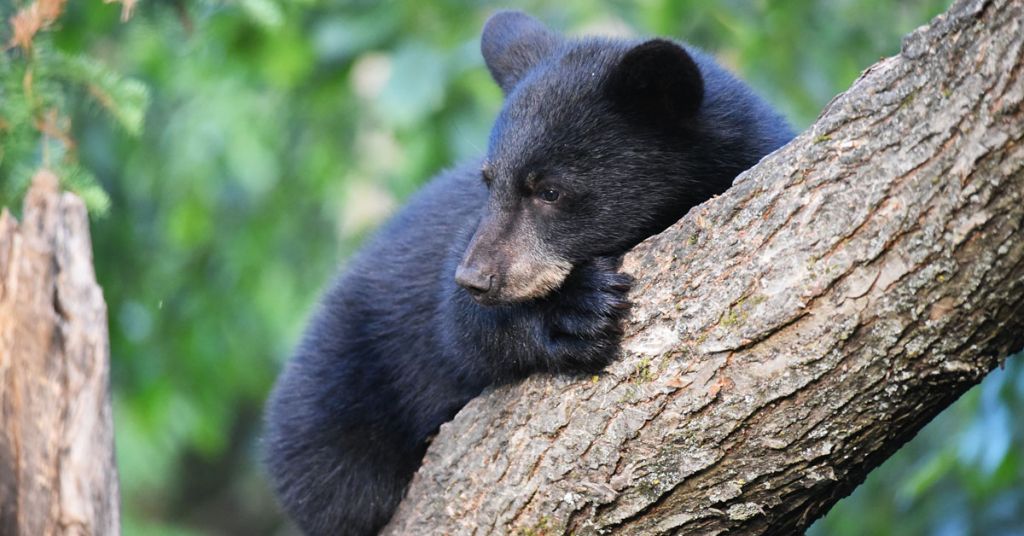
Hanging tough: Motherless cubs are a just one concern surrounding spring bear hunts. Photo: Courtney Celley/USFWS
By Eli Francovich. November 22, 2021. In a November 1 headline we asked: “Will Washington approve spring bear hunt?”
Last week the state’s Department of Fish and Wildlife commissioners came back with an answer: no.
On Friday, the commissioners voted 4-4 on an agency rule that would have allowed hunters to kill black bears in the spring.
Because it was a tie, the 2022 season will not happen.
Gov. Jay Inslee appoints the nine members of the commission. However, since January, the ninth commission spot, which represents largely rural Eastern Washington, has been vacant.
Unmoved by state experts
Agency biologists recommended commissioners reapprove the hunt, which has occurred in one form or another since 1999.
Stephanie Simek, the carnivore section manager for WDFW, said the permit-only hunt helps the state agency control black bear numbers, reduce human-bear conflict, mitigate timber damage and helps improve elk and fawn survival in spring.
“Right now, in Washington, we have a fairly robust and stable population (of black bears) statewide,” Simek told Columbia Insight in November. “We are working on improving our population monitoring process. But at this point, we don’t have any concerns.”
However, several commissioners questioned the department’s underlying data while also arguing that the public does not support the hunt, which targets bears groggy and weak after winter hibernation.
[perfectpullquote align=”full” bordertop=”false” cite=”” link=”” color=”” class=”” size=””]“It’s a good day for Washington bears.” — Dan Paul, Humane Society of the United States[/perfectpullquote]
Commissioners and others also raised concerns about cubs being orphaned, although that appears to rarely happen, according to some research. The criticism of the data presented by agency biologists prompted WDFW Director Kelly Susewind to address the commission before the vote.
“You’ve heard loud and clear from staff, repeatedly, our professional managers, that these hunts do not impair or cause a concern to the bear population,” he said.
“If you don’t agree with it, and you think it’s too much, you vote no and we move on to our next non-controversial issue, steelhead,” he said, a joking reference to the commission’s next agenda item.
Vacant seat key to decision
The hunt drew regional and national criticism.
The Humane Society of the United States urged its members earlier this year to oppose the hunt, calling it “exceptionally cruel.” And during an October agency meeting on the topic, 50 people gave public testimony against the proposal while only two supported it.
According to a staff presentation during Friday’s vote, WDFW received more than 5,000 comments on the proposed season.
MORE: As urban boundaries expand, wildlands are disappearing
“It’s a good day for Washington bears,” said Dan Paul, Washington state director for the Humane Society of the United States. “I really commend the commissioners that voted against the hunt.”
Washington was one of eight western states that had a spring black bear season.
“We’re disappointed that the scientists were ignored,” said Marie Neumiller, executive director of the Spokane-based Inland Northwest Wildlife Council. “We’re also disappointed with the governor’s office that has failed to fill that vacant eastern seat.”
Eli Francovich is a journalist covering conservation and recreation. Based in eastern Washington he’s writing a book about the return of wolves to the western United States.


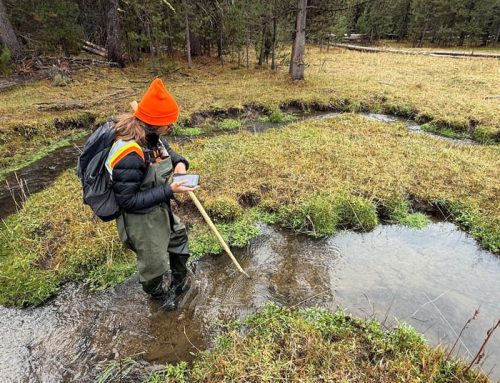
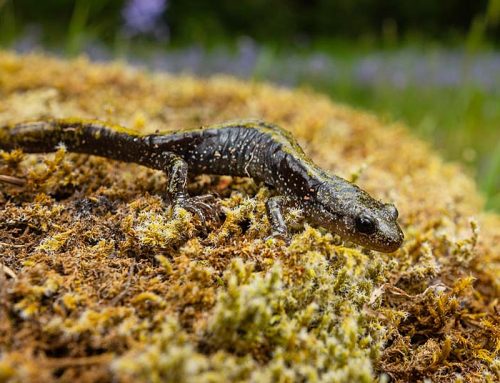

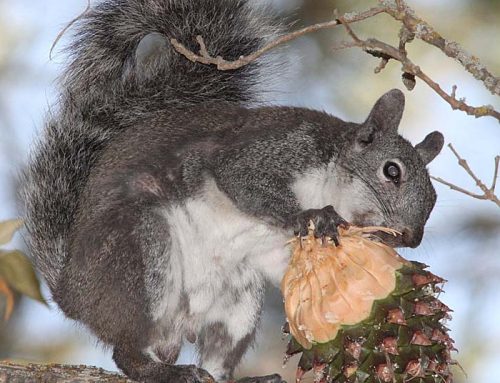

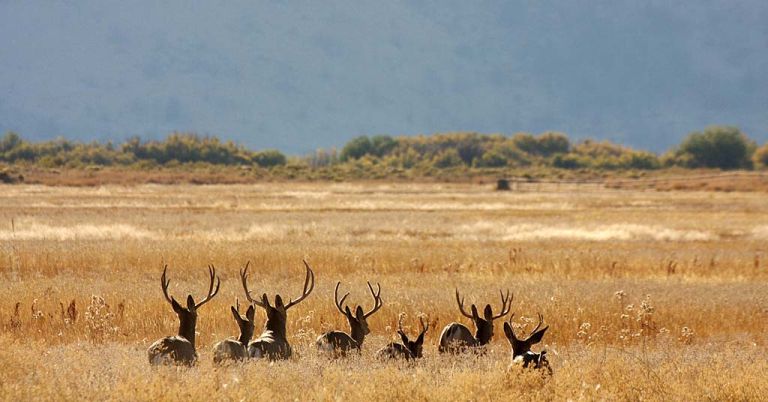
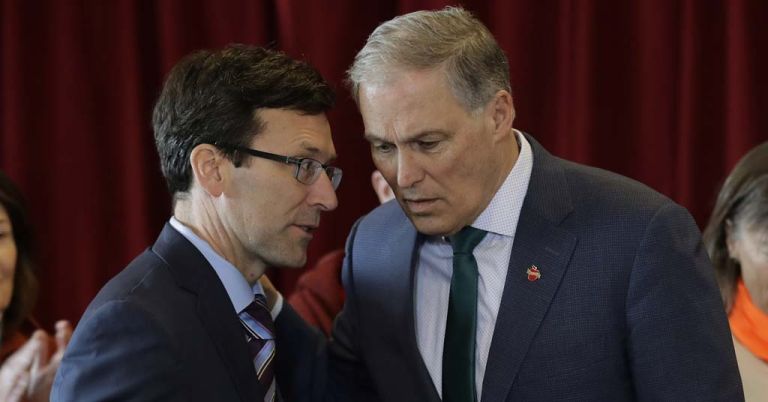


What they didn’t mention is the backhanded tactics like waiting for the hunting community to be out hunting when they held this meeting where only two people for it showed up….
Who cares what the reason is- the right and just decision was made. Anything less is barbaric and the excuses of bear population control and fawn survival are lame and untrue. Nature is not us. Humans are the ones interfering with the natural course of the ecosystem – we need to step away and let it happen.